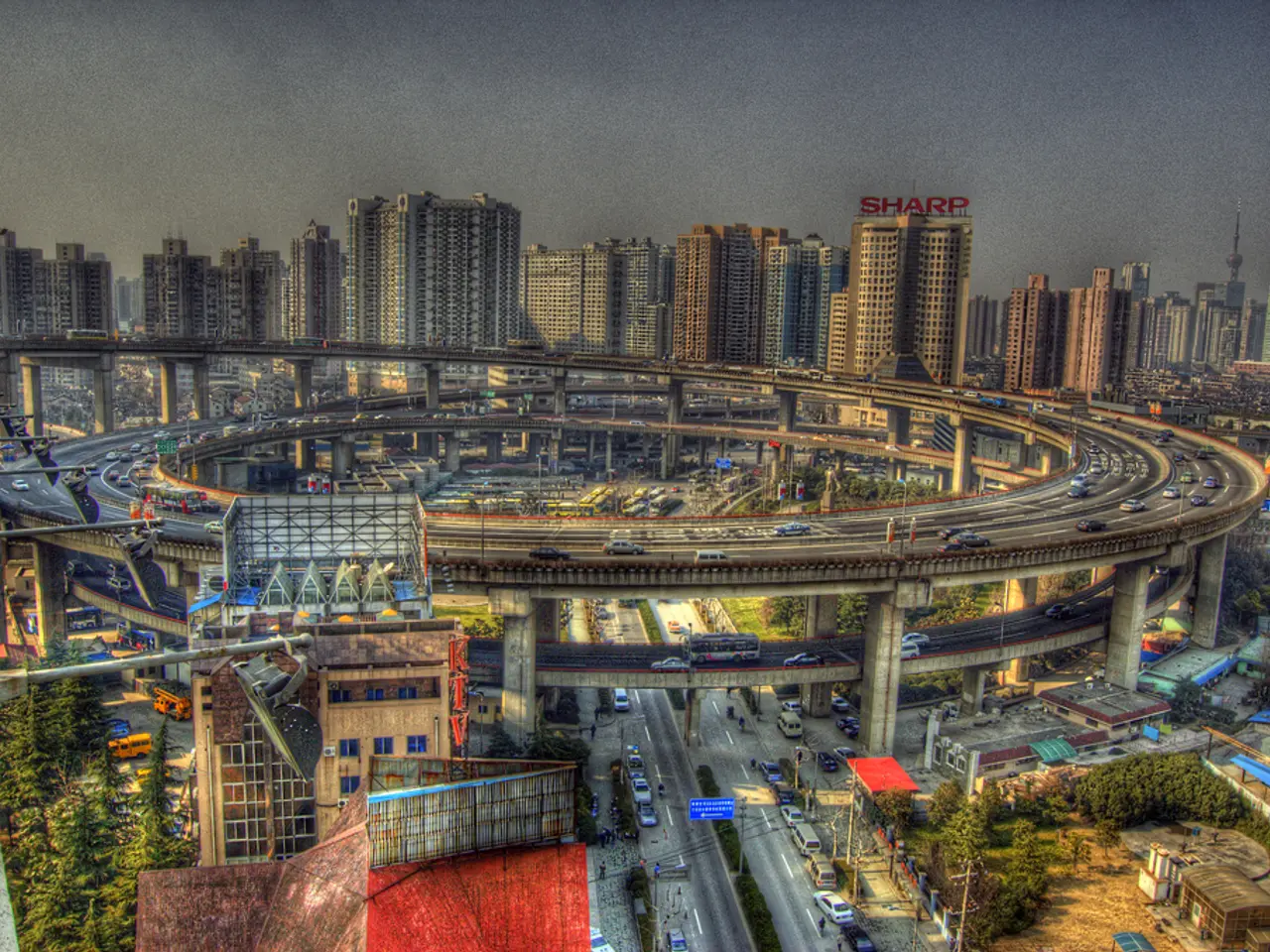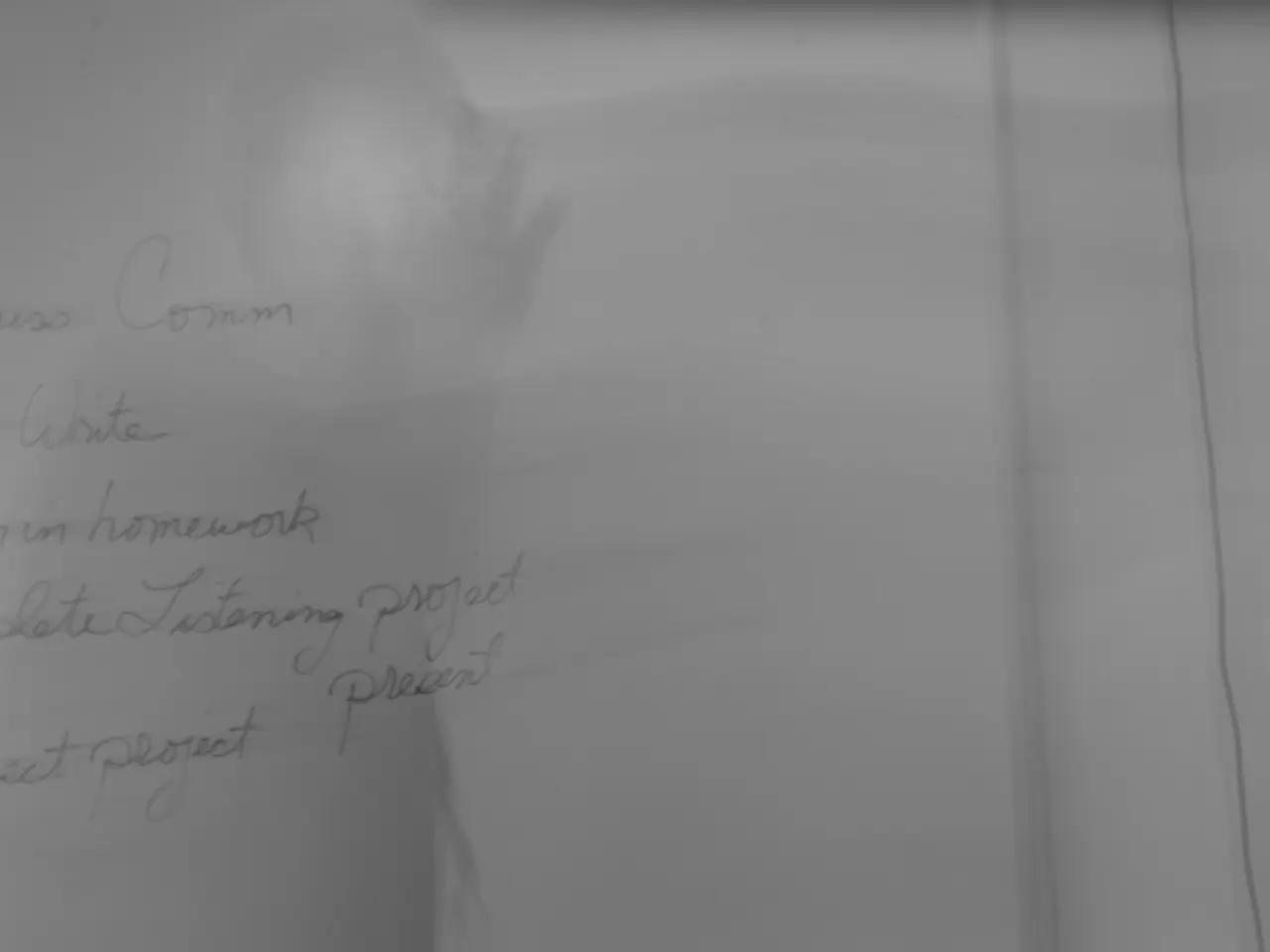Exploring Germany's Voting Landscape: Sociologist Debunks Political Polarization Myth
Germany's Polarization May Not Be as Pronounced as Thought, Says Sociologist - Germany Differs in Polarization Levels Compared to Perceived Notions
In a groundbreaking revelation, sociologist Ansgar Hudde challenges the perception of political polarization in Germany. According to Hudde, many citizens live in mixed neighborhoods, frequently interacting with individuals holding contrasting political views during their daily lives.
Beginning this Wednesday, Hudde's book, "Where We Cast Our Votes: Political Patterns within Germany's Neighborhoods," hits the shelves. Hudde's research, procured from analyzing the outcomes of the 2021 federal election at the polling district level, unveils key voting patterns within the German populace. Notably, he recomputed his findings based on the February federal election, and the fundamental pattern remains consistent.
Hudde delineates four primary voting patterns:
- "Typical Germany": This pattern, closest to the overall federal election result, is predominantly observed in medium and small towns, where the majority of the German population resides.
- "AfD meets Left": This pattern predominantly occurs in Eastern Germany, notably excluding large and university cities, as well as some pockets in the West, with the highest concentration in the Ruhr area.
- "Conservative": This pattern showcases the Union's strength, along with the Free Voters, particularly in rural Bavaria.
- "Green-Left voting pattern": This pattern is prevalent in metropolises and university cities, where votes to the right of the center are weak.
It's essential to note that most Germans do not live in metropolises. While metropolitan enclaves such as Cologne may encourage the formation of like-minded bubbles, smaller towns, like Herford, for instance, foster a more mixed environment. This is due to the proximity of affluent neighborhoods to less affluent areas, ensuring that children from various socio-economic backgrounds attend the same schools.
- Germany
- Cologne
- Federal Election
- AfD
- East Germany
- University of Cologne
- Bundestag
- Metropolises
- University cities
(Insights: Hudde's research underscores the complexity of German electoral geography and demographics, which significantly impact political outcomes beyond broad national aggregates. The work highlights the interplay of spatial segregation, gender, and education as key determinants of voting preferences, thereby shaping political polarization patterns within Germany. Moreover, the results emphasize that the electoral landscape can lead to political alienation among residents in politically segregated areas.)
- Despite the myth of political polarization in Germany, sociologist Ansgar Hudde's research reveals that many Germans live in mixed neighborhoods, interacting with individuals holding diverse political views daily.
- Hudde's findings from analyzing the 2021 federal election at the polling district level indicate that while metropolitan areas like Cologne may foster like-minded bubbles, smaller towns, such as Herford, offer a more mixed environment due to socio-economic diversity among residents.






